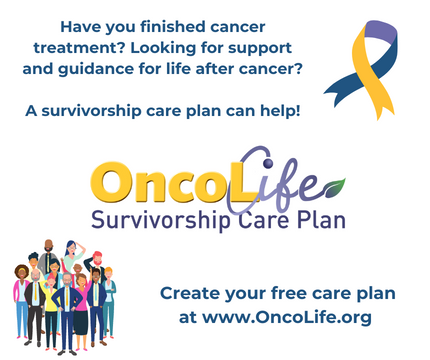Hormone Receptor (HR) Positive Breast Cancer
Table of Contents
What are hormone receptors?
You may hear that your breast cancer is HR+ (hormone receptor-positive). Some breast cancers have receptors on them that attach to hormones (estrogen and progesterone) as they move through your body. These hormones make the tumor and cancer cells grow.
- If your tumor is HR+, the tumor needs estrogen and/or progesterone to grow.
- About 8 out of 10 breast cancers are HR+.
- If your tumor does not have hormone receptors, it is HR- (hormone receptor-negative). These tumors can grow without estrogen and/or progesterone.
Types of Hormone Receptors
- The two types of hormone receptors are estrogen and progesterone.
- If your tumor has estrogen receptors, it is called estrogen receptor-positive or ER+.
- If your tumor has progesterone receptors, it is progesterone receptor positive or PR+.
- Your tumor can be positive for one or both hormone receptors. This may be written ER/PR+, ER+/PR-, ER-/PR+.
- HR+ breast cancer can also be HER2 positive (human epidermal growth factor receptor 2 positive), which is a protein found in some cancers.
How can these hormone receptors be used to slow cancer growth?
Blocking the action of estrogen and/or progesterone could stop the cancer from growing. There are a few ways this can happen:
- Blocking the hormone receptor with another compound stops the estrogen or progesterone from being able to attach to the receptor, which slows or stops cancer growth.
- Preventing the body from making the hormone: This can be done with medication to stop the hormone from being made, or with surgery to remove the organ that makes it. For example, estrogen is made in the ovaries, so surgery to remove your ovaries can stop estrogen from being made.
- Get rid of the hormone receptors on cells or change their shape: This makes it so that the hormone cannot attach to the cell receptor and activate it (turn it on), so that the hormone won’t work as it should.
How are hormone receptor-positive cancers treated?
HR+ breast cancers can be treated with endocrine therapy (also called hormone therapy) to block the action of hormones. These therapies may be used alone or with chemotherapy, targeted therapy, surgery, and radiation.
- Hormone therapies for HR+ breast cancers may be aromatase inhibitors (anastrozole, letrozole, and exemestane), selective estrogen receptor modulators (tamoxifen, and toremifene), and estrogen receptor antagonists (fulvestrant).
- In early-stage breast cancer, hormone therapies may be used along with chemotherapy and targeted therapy such as Herceptin, if the tumor is also HER2 positive.
- In these cases, hormone therapy may be taken for 5 to 10 years after completing the initial chemotherapy treatment.
- In more advanced HR+ breast cancers, hormone therapies are often used in combination with targeted therapies including lapatinib, palbociclib, and ribociclib.
- You may take one hormone therapy for a while and then it stops working. If that happens, your provider may give you a different hormone therapy.
- Removing or suppressing (shutting down) the ovaries, puts you into menopause if you are pre-menopausal. This shuts down the production of estrogen by the ovaries. Medications used for ovarian suppression are called gonadotropic-releasing hormone analogs, such as goserelin acetate and leuprolide. These medications may be used in combination with other hormone therapies. Your ovaries can also be surgically removed in a procedure called an oophorectomy. This can impact fertility, so be sure to talk with your healthcare provider about fertility preservation before starting these therapies.
How can I manage this diagnosis?
- While the diagnosis of breast cancer may be challenging, remember there are many treatment options.
- Learn about your type of breast cancer and common treatments. This can help you ask questions at your oncology visits and feel more in control of your treatment decisions.
- Seek out support groups or peer support (online or by phone).
- All cancers are unique. You should not compare your experience to others.
